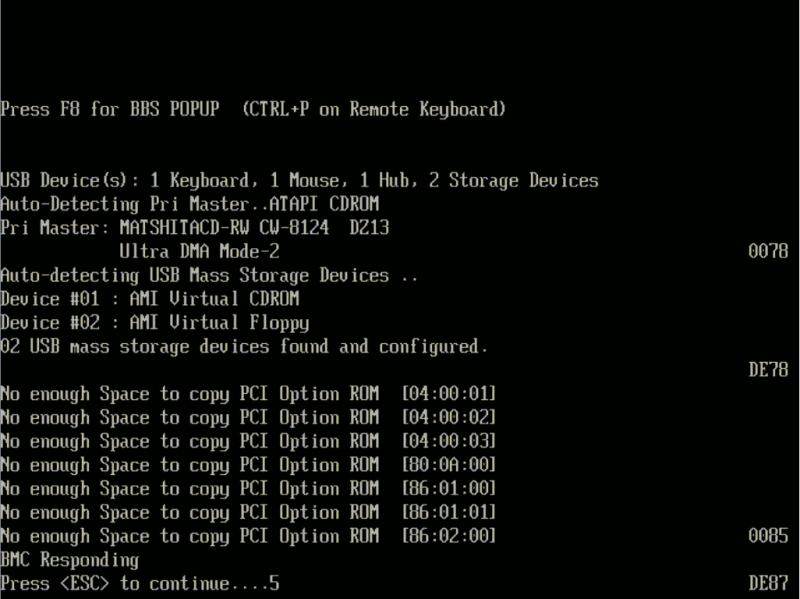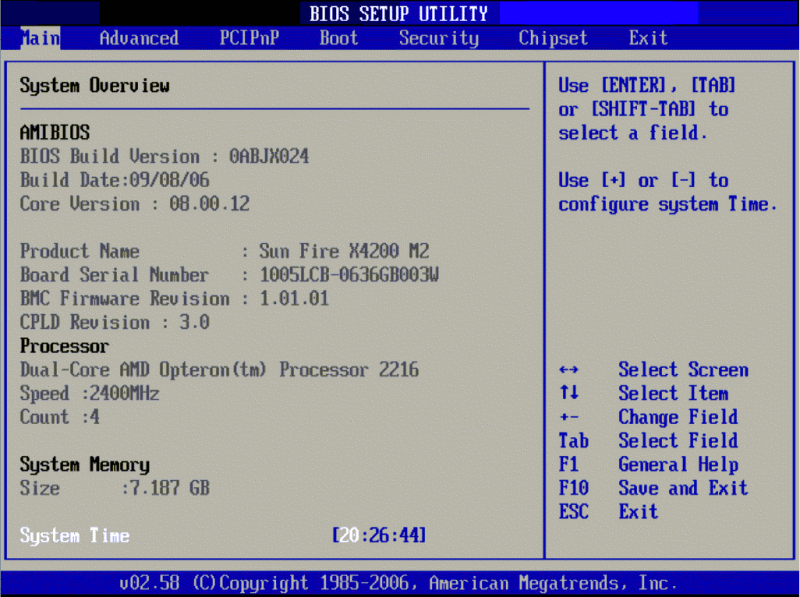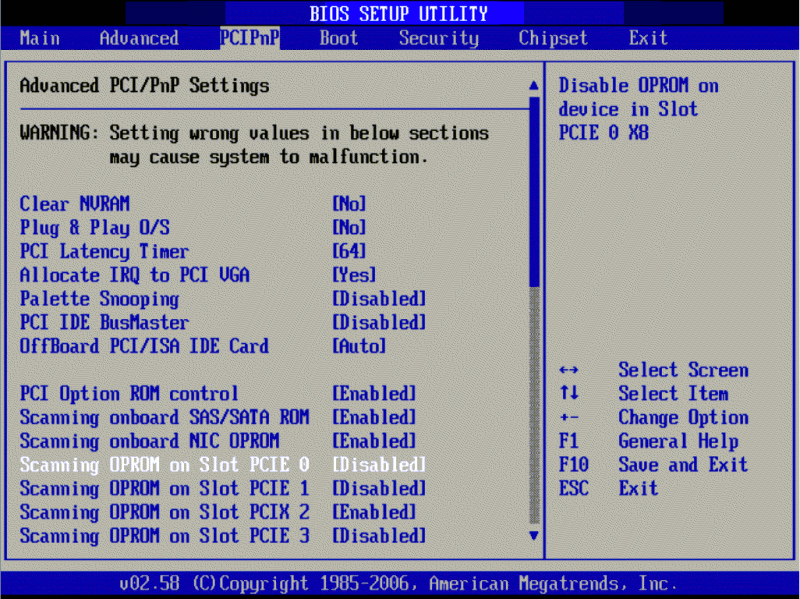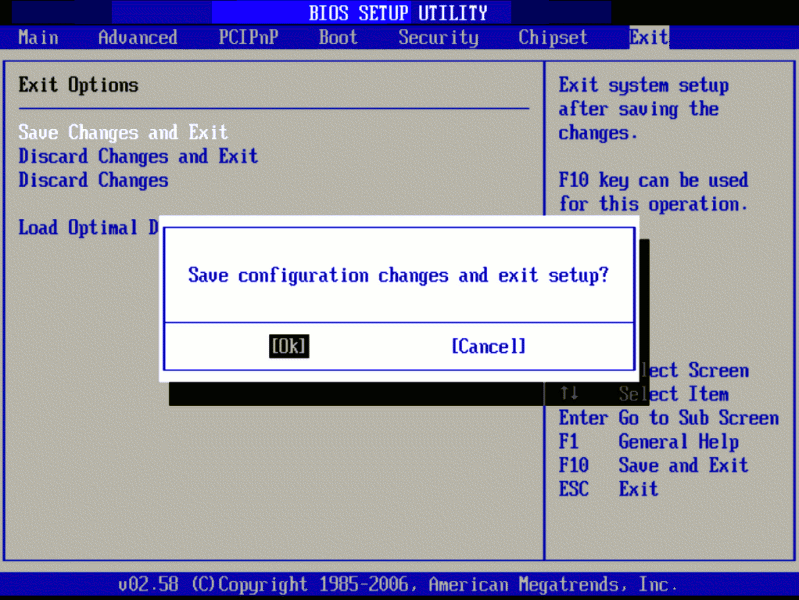|
Sun Quad GbE UTP x8 PCIe ExpressModule Release Notes |
This document contains material not available when the Sun Quad GbE UTP x8 PCIe ExpressModule User’s Guide was completed. Read this document before installing and configuring your card.
You can find the latest updates for the nxge driver software at this web site:
You can find the latest card documentation at this web site:
http://docs.sun.com/app/docs/prod/net.inter.crds
This section describes the known issues and workarounds for the nxge driver on Sun SPARC and Solaris x86 systems at the time of this release.
This issue is fixed in the following patch releases for the SUNWnxge 11.10 package version.
1. Determine the current package version.
Obtain the SUNWnxge package version as follows:
If the unbundled SUNWnxge package is installed, the version is 1.0. For example:
This version was delivered as a standalone package, not bundled with the Solaris OS.
If the bundled SUNWnxge package is installed, the version is 11.10. For example:
This package is bundled to the Solaris 10 8/07 release.
2. Upgrade SUNWnxge version 1.0.
If version 1.0 (unbundled SUNWnxge package) is installed, the SUNWnxge package and the Solaris kernel should be upgraded to Solaris 10 8/07 level.
| Note - This step is not needed if version 11.0 is already installed. |
To upgrade the SUNWnxge package, follow the workaround instructions in Issue: Upgrading Solaris OS to Solaris 10 8/07 to Fix a Panic Problem Seen With Solaris 10 11/06 (CRs 6613003 and 6591438).
After this step, install the SUNWnxge version 11.0 and the following kernel update patches:
Install the following Kernel Update Patches
On a host with Solaris 10 11/06 OS installed, if you install the latest recommended patch cluster, which includes KU 120011-14, the system panics if you install an nxge Ethernet adapter (with nxge package version 1.0 and driver version 1.x).
This issue occurs when the add_drv command in the postinstall script of the SUNWnxge package is run (while adding the package), the system enters a panic cycle. The system does not panic if KU 120011-14 is removed.
The latest nxge driver packages are now bundled with Solaris 10 8/07 and later OS releases. This issue does not occur on systems with the Solaris 10 8/07 or later OS.
Note the following nxge patch dependencies:
Perform one of the following steps (Step 1 or Step 2).
1. Upgrade to Solaris 10 8/07.
Before upgrading, check if the unbundled nxge driver packages are installed. For example:
If the packages are installed, and you have modified the nxge.conf file (on a Solaris 10 11/06 system), make a backup of the nxge.conf file before upgrading or reinstalling Solaris 10 8/07 or later releases. For Solaris 10 11/06 only (unbundled), the location of the nxge.conf file is /kernel/drv/nxge.conf for both SPARC and x86 platforms.
For Solaris 10 8/07 (nxge bundled), the locations of the nxge.conf file are as follows:
| Note - Do not install the older unbundled nxge driver packages (downloaded for Solaris 10 11/06) if the system is upgraded or freshly installed with the Solaris 10 8/07 or later OSs. |
2. Or, on Solaris 10 11/06 systems, remove the unbundled nxge driver packages, and install the latest bundled packages from the Solaris 10 8/07 media.
a. Backup the nxge.conf file if you have modified it (see Step 1).
b. Remove the old nxge driver package version:
c. Install KU patches for Solaris 10 8/07 level:
d. Add the new bundled version of the nxge driver package from the Solaris 10 8/07 media.
SunAlert 103076 was created to fix data integrity issues with the nxge driver.
| Note - There are two separate sets and versions of patches to fix the data integrity issues. Installing the wrong patch results in an actual failure rather than a standard "does not apply" exit. |
For Solaris 10 11/06, install Data Integrity Patch 125670-04 or later.

|
Caution - Do not install Patches 125670/125671 or later if you have KU 120011/120012-14 or later installed. |
For Solaris 10 8/07, install Data Integrity Patch 127741-01 or later.

|
Caution - Do not install Patches 127741/127742-01 or later if you have KUs 118833/118855-36 or later or 125100/125101-10 or later installed. |
This section describes the known issues and workarounds for the nxge driver on Sun SPARC systems at the time of this release.
The default MSI or SoftRing settings might need to be adjusted for your site.
Refer to the following tuning web site for information on tunable parameters and how to adjust tunable MSI and SoftRing parameters:
http://www.solarisinternals.com/wiki/index.php/Networks
When a Sun Quad GbE UTP x8 PCI Express Card or ExpressModule is installed in a Sun SPARC Enterprise M9000 server, and the "class-opt-ipv4-tcp = fe0;" value is uncommented (set) in the /platform/sun4u/kernel/drv/nxge.conf configuration file, the following messages are output during system boot:
WARNING: Unexpected token ’fe0’ on line 112 of /platform/sun4u/kernel/drv/nxge.conf WARNING: Unexpected end of line on line 112 of /platform/sun4u/kernel/drv/nxge.conf |
Hex values are expressed with a prefix of 0x. The correct format should be as follows:
This section describes the known issues and workarounds for the nxge driver on Solaris x86 systems at the time of this release.
Interrupt migration feature in the Solaris x86 kernel may lead to interrupts being missed.
You must add the following lines to the /etc/system file to avoid missing interrupts that can lead to an interface hang.
set ddi_msix_alloc_limit=1 set pcplusmp:apic_enable_dynamic_migration=0 set pcplusmp:apic_intr_policy=1 |
Reboot the system after adding these lines:
Detaching or unloading a driver can kill other devices and lead to a system panic.
Avoid unplumbing an interface after it has been configured. To stop using a configured interface, issue the following command:
where X is the number of the interface you want to stop using.
Older BIOS versions show intermittent system hang issues.
http://www.sun.com/download/index.jsp?cat= Hardware%20Drivers&tab=3&subcat= x64%20Servers%20%26%20Workstations
Default SoftRing mode is disabled under the Solaris x86 Operating System.
Add the following line in /etc/system file and reboot.
Then add the following to a startup script, or use the ndd utility before plumbing the interface:
The nxge driver is not bundled with Solaris x86 Operating System and cannot be installed over a 10 Gigabit Ethernet interface.
| Note - Support for operating system installation over the 10 Gigabit Ethernet interface is planned for a future Solaris release. |
Create a customized boot archive with nxge driver support. The following document shows how to customize the boot archive for the Solaris Operating System.
http://www.sun.com/blueprints/0806/819-7546.html
For Linux systems, refer to the documentation from your Linux distribution to create a customized boot archive with the nxge driver.
POST may report "Not Enough Space to copy PCI Option ROM" when Sun 10Gigabit cards are plugged in the system due to limited space available for the Option ROMs.
If there is not enough space available for the Option ROMs, you will see the following error message during system boot:

1. Press F2 to get to the BIOS Setup screen:

2. Press the right arrow ket to get to the PCIPnP menu and disable the OPROM scanning for the slot that has the Sun Quad Gigabit Ethernet UTP PCI Express Card.

This example shows PCIe slot 0.

This section describes the known issues and workarounds for the nxge driver on Linux systems at the time of this release.
The Sun x8 Express 10 Gigabit Ethernet Fiber XFP Low Profile adapter will fail to function on RHEL4U3 LargeSMP Kernel with more than 8 CPUs.
This is an issue with interrupt distribution. You can use the following two workarounds:
Add the following line at the end of the kernel parameters in the menu.1st file:
The following is an examle entry in a /boot/grub/menu.lst file:
System panics observed when irqbalance is enabled.
You must disable irqbalance to avoid system crashes. Use the following procedure:
1. Boot the system and configure the Sun x8 Express 10 Gigabit Ethernet interfaces as usual.
2. Disable irqbalance by doing any of the following methods:
The ethtool utility, as of version 5, does not provide full support of 10 Gigabit Ethernet network interfaces. Consequently, the ethtool utility does not support bonding on Sun x8 Express 10 Gigabit Ethernet interfaces.
Wait for the fix to be applied to the ethtool source. For more information, see the 1170813 Patch ID for correctly reporting 10Gb/s support at:
http://sourceforge.net/projects/gkernel/
Copyright © 2008, Sun Microsystems, Inc. All Rights Reserved.